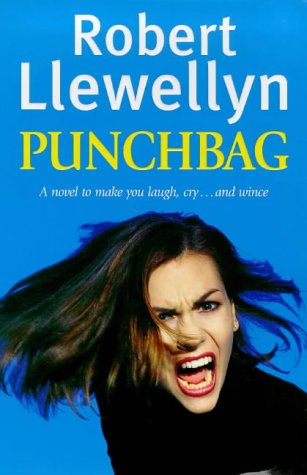 After I read Under the Dome earlier in the year I said to myself that I probably wouldn’t read another Stephen King novel. However I heard about this on Newsnight Review and was seduced by the concept and by the generally favourable comments on the writing. Also buoyed by my latest burst of enthusiasm for reading I didn’t feel intimidated by the length so I thought why not?
After I read Under the Dome earlier in the year I said to myself that I probably wouldn’t read another Stephen King novel. However I heard about this on Newsnight Review and was seduced by the concept and by the generally favourable comments on the writing. Also buoyed by my latest burst of enthusiasm for reading I didn’t feel intimidated by the length so I thought why not?
11.22.63 is a novel that centres around the assassination of John F. Kennedy on that date. However it’s a work of fiction and science fiction at that. A man who owns a diner in 2011 discovers in his store-room a kind of portal, what he calls a ‘rabbit-hole’ referring to Alice in Wonderland, that you can step through and be back in 1958. He convinces a friend of his, a school-teacher to go through the rabbit-hole, live in the past and then attempt to prevent the shooting of JFK.
I said that this was a science fiction book but as with Under the Dome King has a story he wants to tell and a way of setting it up which he cursorily describes – the time-travel is largely the later. It’s noteworthy that he chose not a time machine which could be targeted at a particular time but a naturally occurring (though presumably rare) phenomenon which a fixed exit point in time – September 9th 1958. This is worth pointing out because King makes it impossible for his hero to do anything other than spend 5 years in the past in order to achieve his goal. So really there are a few things this book could be/is about:
- time-travel and its consequences, inherent paradoxes etc
- what everyday life was like in late ’50s/early ’60s America
- the events leading up to the assassination, and in particular the movements of one Lee Harvey Oswald
- an alternate history story of what the world would have been like if the assassination attempt had failed.
And 11.22.63 covers all of these to a greater or lesser extent. However I think it’s fair to say if you’re more interested in the time-travel specifics or the alternate history than say Oswald and the 60s then you may not enjoy this book.
As it was I enjoyed it more than Under the Dome but still felt it was a little long. The book is split into sections and in the first there is a fair bit about the rabbit-hole, how it works and whether it’s possible to change the past at all (it is but “the past is obdurate” we discover). Then there’s the central section which involves the main trip back to 1958 and the following 5 years. This itself is split between a story of our protagonist actually living in the past – where he lives, the job he does, friends he makes, the woman he loves – and his attempts to track Oswald and gather the information he needs to stop him. The former I enjoyed, the later was over-developed in my opinion. I realise King has done lots of research and read lots of books but I really don’t need most of that information.
Of course these two stories inevitably come together and climax at the date in question.
I feel like there’s a really good 500-page novel in here. I’d cut a lot of the Oswald background details. I’d also trim down the story of how they prove that the past is changeable – which is almost a novel in itself. At 853 pages it tested my patience but I still came out enjoying it overall.
A couple of stray points. It’s noteworthy that whilst the hero is 35 in 2011 a sense of nostalgia pervades some of the descriptions of the past (like how wonderful the root beer tastes) and I think that’s because King was 11 in 1958. Also there are some references to other King novels – this is something he does apparently, I remember M. telling me that there are references in Under the Dome to characters in The Stand. Here the descriptions of the town of Derry, as if the place itself had some sort of supernatural malevolence, confused me slightly. Apparently if I’d read other works by King I’d’ve got the reference.
Finally worth pointing out, because it’s easy to forget and I did, that although there’s not much violence in the book when it does appear it’s pretty graphic. I was reading it wondering if it was strictly necessary then remembered I was reading an author best known for horror fiction.
Anyway – long book, long review, time to stop.
7/10 – a bit of a slog but worth it.





